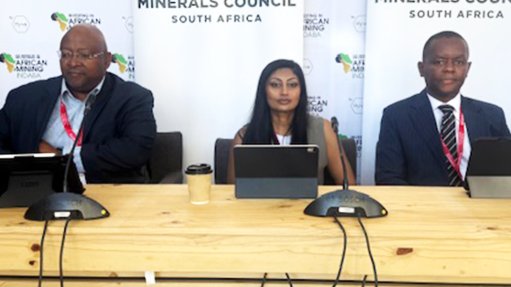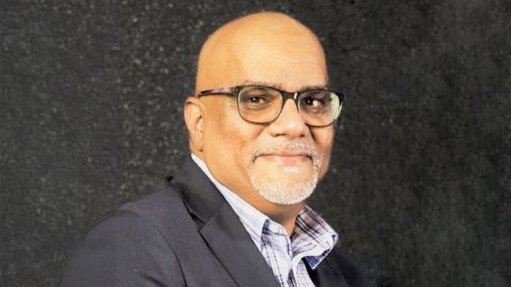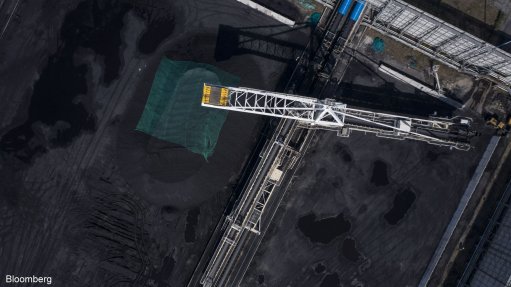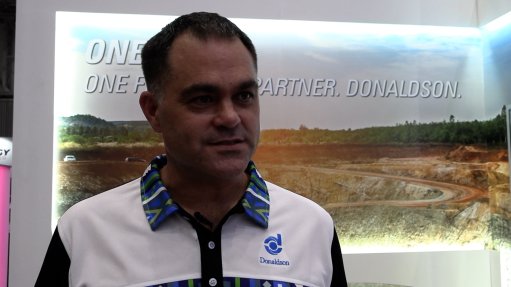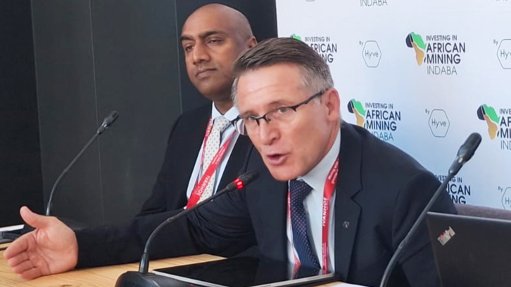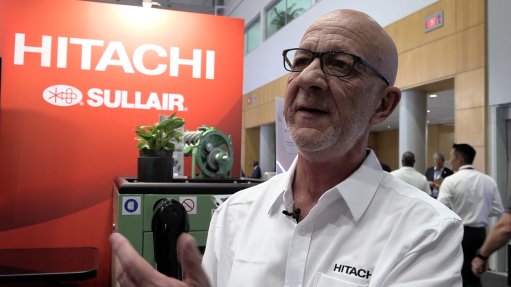Training centre aids skills development
Industry association, Production Technologies Association of South Africa (PtSA), recently launched its Centre of Excellence training facility in Pinetown, in KwaZulu-Natal, which aims to develop skills in the tool, die and mould-making (TDM) sector, aligned with international trends.
The centre, previously based in Pietermaritzburg, also in KwaZulu-Natal, functions as both a training facility and a Trade Test Centre, which is expected to achieve full accreditation this year.
Along with improving the centre’s offerings, the move to Pinetown helped to secure a long-term geographical presence in the heart of the province’s TDM activities, says PtSA group CEO Tapiwa Samanga.
“At the Pinetown centre, we enrol 15 students a year, with a second class possible with additional funding. The centre [can host] up to 150 learners from first to fourth year, at any given time,” Samanga says.
He adds that PtSA is seeking partnerships with industry and private citizens to sponsor students to fully use the centre’s capacity.
The centre’s training standard is aligned with local and international industry trends, placing strong emphasis on Fourth Industrial Revolution skills and soft skills. Trainees are introduced to advanced technologies such as three- and five-axis computerised numerical control (CNC) machining, additive manufacturing, AI deployment in manufacturing and specialised tool design for mould making and metal pressing.
“PtSA will invest in and roll out additional training courses once there is sufficient support from industry and it is economically feasible to do so,” Samanga adds.
Aligned to this, the centre has reserved floor space for future investment in modern technology such as five-axis machining, robotics and stereolithography in response to evolving technology in the TDM sector.
Noting that South Africa is lagging significantly in advanced manufacturing and digital tooling, Samanga asserts that these technologies are essential for improving industrial efficiency and competitiveness.
However, many local companies have yet to fully transition to CNC systems and continue to rely on outdated technology, with wider adoption constrained by inconsistent business volumes and seasonal demand, particularly in the automotive sector.
To address this, PtSA uses its networking initiatives to connect industry members with machine tool developers and industry experts, showcasing the benefits of digital tooling and advanced machining.
Industry Constraints
South Africa’s automotive, plastics and broader manufacturing industries continue to face challenges in supporting tooling localisation, owing to skills and technology investment gaps, Samanga says.
He explains that the KZN manufacturing sector faces an ongoing challenge in employing and retaining highly skilled toolmakers, as many of these professionals are nearing retirement or have emigrated.
Further, the TDM sector struggles to compete with international counterparts, particularly in cost, lead times and capacity to support large-scale manufacturing projects. As a result, most tooling is sourced internationally, further weakening the local industry.
Samanga adds that while PtSA has offered training for toolmakers in the province since 2010, there is still a significant lack of awareness about the critical role of the TDM sector in supporting the manufacturing sector.
“Tooling as a trade is not well known across all demographics, especially the black population where over 95% of our student recruits have never heard of the trade,” he says.
An additional challenge is funding, with Samanga noting that toolmaking is one of the most expensive trades from a training perspective. With additional financial support, PtSA could double its yearly intake and place up to 200 qualified toolmakers into the economy each year, significantly advancing skills development and economic transformation.
By filling the skills gap, the manufacturing sector can shift focus to investing in technology and capacity, eventually localising more tooling, attracting more projects and stimulating growth and employment.
Meanwhile, owing to the role the TDM sector plays in sustainable industrial growth in manufacturing sectors, South Africa should replicate a manufacturing hub model like those in Brazil and China, he asserts.
These hubs comprise a lead company that manages customer tooling orders and invests in tool design quality standards and “tool try-out” facilities.
This is supported by surrounding specialised smaller firms handling various aspects of toolmaking, such as die and mould build-up, grinding, CNC machining and electrical discharge machining. This collaborative approach supports batch-style production, which can improve efficiency, profits, lead times and tool cost.
Article Enquiry
Email Article
Save Article
Feedback
To advertise email advertising@creamermedia.co.za or click here
Press Office
Announcements
What's On
Subscribe to improve your user experience...
Option 1 (equivalent of R125 a month):
Receive a weekly copy of Creamer Media's Engineering News & Mining Weekly magazine
(print copy for those in South Africa and e-magazine for those outside of South Africa)
Receive daily email newsletters
Access to full search results
Access archive of magazine back copies
Access to Projects in Progress
Access to ONE Research Report of your choice in PDF format
Option 2 (equivalent of R375 a month):
All benefits from Option 1
PLUS
Access to Creamer Media's Research Channel Africa for ALL Research Reports, in PDF format, on various industrial and mining sectors
including Electricity; Water; Energy Transition; Hydrogen; Roads, Rail and Ports; Coal; Gold; Platinum; Battery Metals; etc.
Already a subscriber?
Forgotten your password?
Receive weekly copy of Creamer Media's Engineering News & Mining Weekly magazine (print copy for those in South Africa and e-magazine for those outside of South Africa)
➕
Recieve daily email newsletters
➕
Access to full search results
➕
Access archive of magazine back copies
➕
Access to Projects in Progress
➕
Access to ONE Research Report of your choice in PDF format
RESEARCH CHANNEL AFRICA
R4500 (equivalent of R375 a month)
SUBSCRIBEAll benefits from Option 1
➕
Access to Creamer Media's Research Channel Africa for ALL Research Reports on various industrial and mining sectors, in PDF format, including on:
Electricity
➕
Water
➕
Energy Transition
➕
Hydrogen
➕
Roads, Rail and Ports
➕
Coal
➕
Gold
➕
Platinum
➕
Battery Metals
➕
etc.
Receive all benefits from Option 1 or Option 2 delivered to numerous people at your company
➕
Multiple User names and Passwords for simultaneous log-ins
➕
Intranet integration access to all in your organisation









